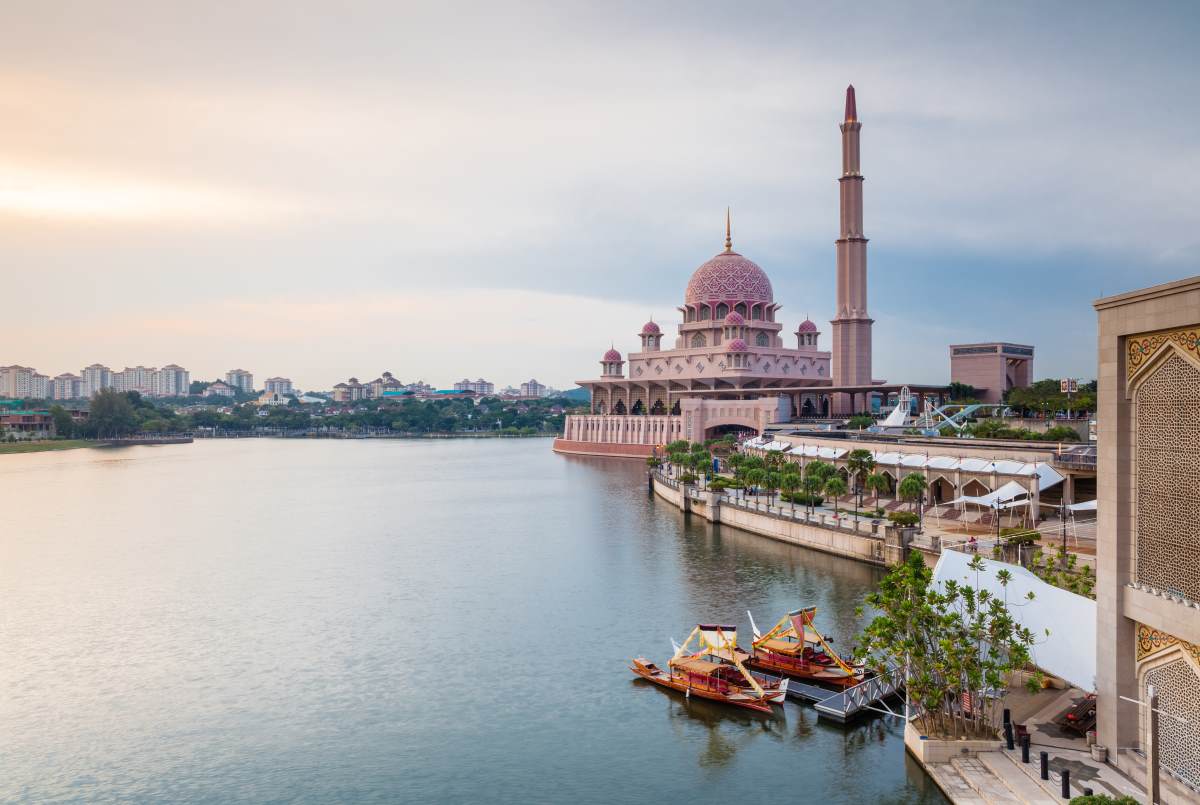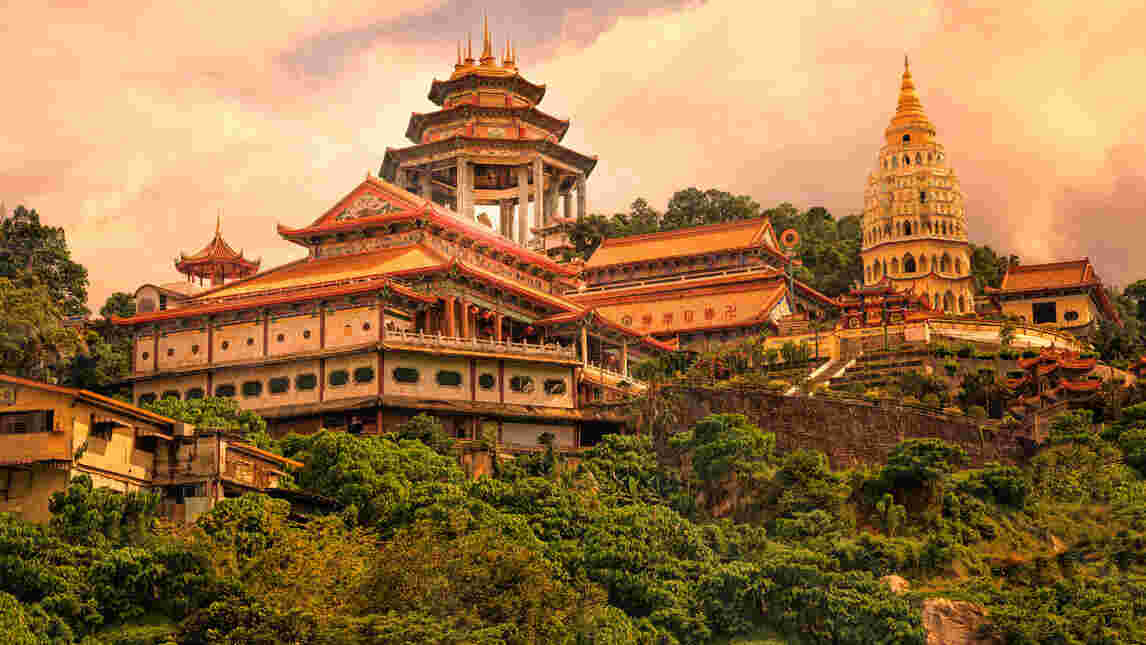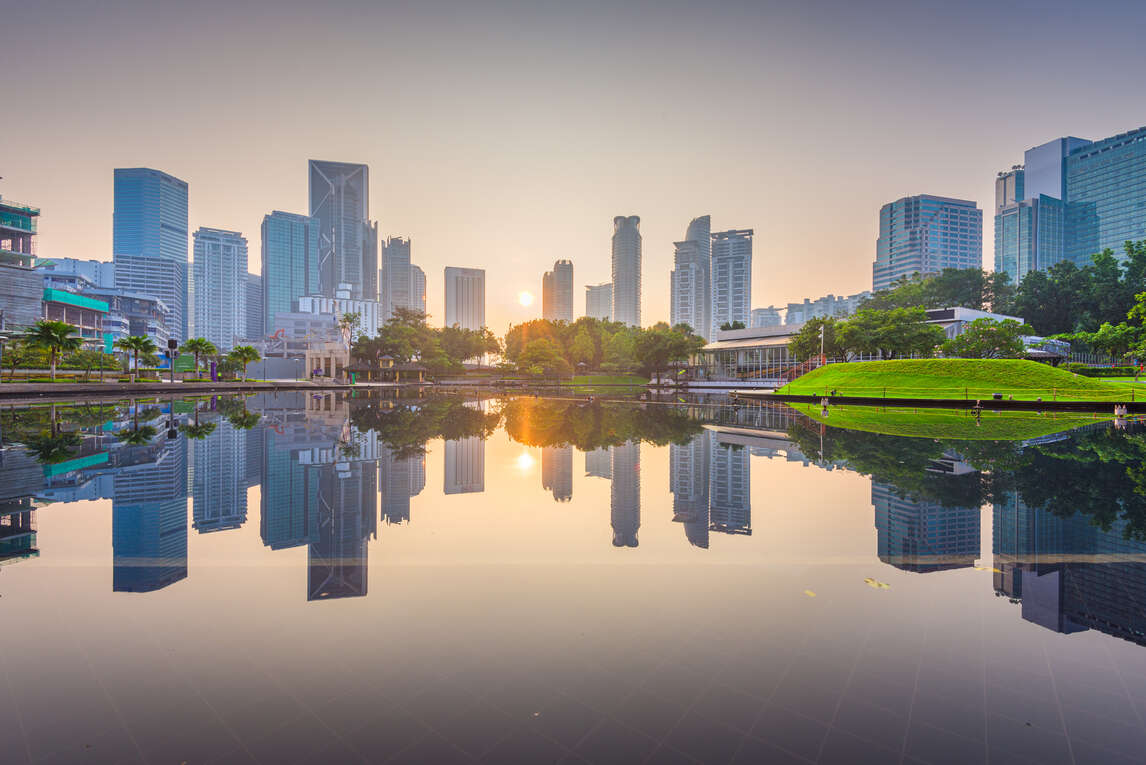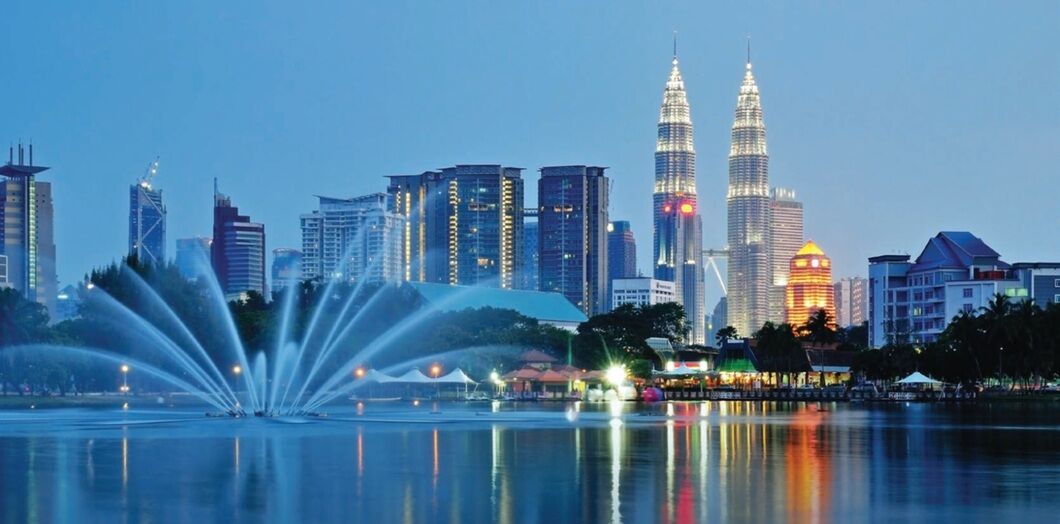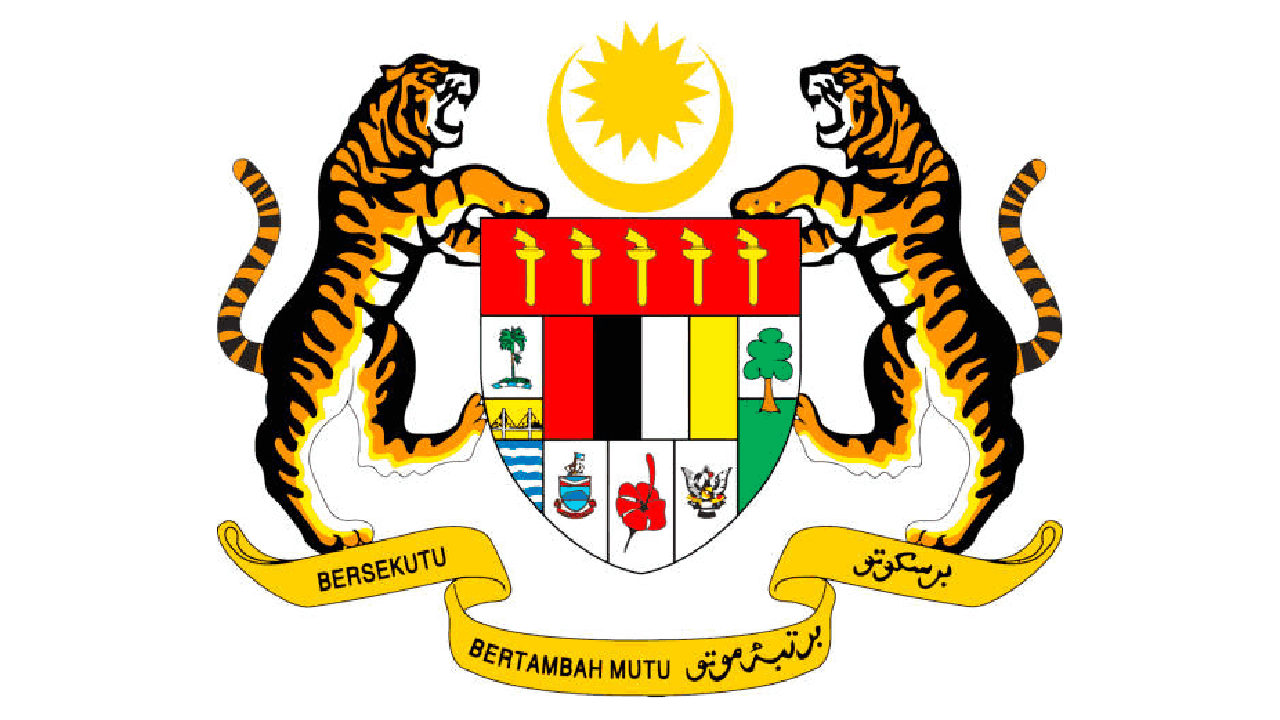
Premium Starting ₹395

24x7 Missed Call Facility



Travel Insurance
Trip Type
- Country
- Geography
13 Common Tourist Scams in Malaysia and How to Avoid Them
How many islands is too many islands?
The beautiful country of Malaysia consists of 878 islands with Banggi being the largest!
Malaysia is particularly fascinating because of its diversity. The same nation offers booming modern cities, colonial architecture, some of the world's most breathtaking beaches and hiking through lush jungles.
Since tourism is one of the most important industries in Malaysia, it is a safe country to travel to. However, this doesn’t mean tourist scams do not occur in Malaysia.
Read on to know the different travel scams in Malaysia and tips you can follow to avoid falling a victim to them.
List of Most Common Tourist Scams in Malaysia
1. Taxi and Transportation Scams
Corrupt taxi drivers might refuse to use the meter and instead charge exorbitant flat rates or take unnecessarily long routes to increase the fare. If you insist on using the meter or tracking the ride using maps, they will distract you and take longer routes. This raises the rate on the meter automatically, forcing you to pay a higher price.
To avoid this, you can easily travel across the country using its extensive railway system or local taxi/cab apps to get a predetermined price.
Common around: Kuala Lumpur, Penang, Johor Bahru and other big cities.
2. Overcharging Tourists for Food
Food prices in local eateries are often omitted, so you don't know the price of the serving till after you have finished. Sometimes local restaurant owners tend to take advantage of this naivety and charge high prices for small servings.
To avoid paying so much for so little, you can always ask for the price of the item before purchasing. Chinatown in Malaysia also offers buffet style eateries which is inexpensive. So, you can take advantage of the local cuisine in such places.
Common around: Kuala Lumpur, Penang.
3. Begging Scams
Begging is commonly seen around Malaysia. The scam associated with this activity is when tourists are often approached by children selling flowers or small items. As pitiful as the sight is, unfortunately, the children are a part of organized begging rings who are forced to turn over money to bosses who abuse them.
The best way to avoid contributing to this scam is by simply refusing to purchase any item from child beggars.
Common around: Jalan Alor, Ampang, Chow Kit and other places in Kuala Lumpur.
4. Macau Scams
Macau scam is a type of scam where a person impersonates banks or a public official to trick another into disclosing personal details or transfer money into another third-party account.
This happens through four methods:
Spoofing - Where the perpetrators use a Voice Over Internet Protocol (VoIP) to mask the voice from a local number that the victim is familiar with.
Disguise - The syndicate would call pretending to be a bank officer. They indicate that the victim has missed out on their credit card payments. They then pressurise the victim to settle the fine or payment to avoid facing severe consequences.
Lucky draw - The victims would receive calls or messages saying they won a lucky draw or the lottery. The scammer would then ask the victim to transfer money to claim the prize.
False kidnapping - The scammers would make a phone call to a potential victim and claim that the victim’s loved one(s) have been kidnapped. Then, the scammer would request the victim for a ransom.
Common around: Across Malaysia.
5. ATM Scams
Be cautious when using ATMs, as some might be tampered with card-skimming devices that are installed in ATMs to steal card information. This tactic is very commonly used around the world and can become very problematic if your card is misused while on your trip.
To avoid having your card compromised, stick to ATMs in reputable banks or inside secure locations. Use ATMs in well-lit areas, preferably with guards or a 24-hour human presence.
Common around: Kuala Lumpur.
6. Shopping Scams
Electronic items are manufactured in Malaysia. This might indicate that you could get good deals on high-item products. Unfortunately, these products are fake, unreliable, modified or hacked. It's best to avoid buying electronic items from small shops that heavily advertise deals or discounts.
When it comes to other markets and shops, some vendors may try to overcharge tourists, especially if they sense that you are unfamiliar with local prices. Always be ready to negotiate and compare prices from different vendors before making a purchase.
Common around: Kuala Lumpur.
7. Charity Scams
It's only natural to be a good Samaritan and help someone out when they ask for it. Some people tend to take advantage of this and scam tourists. You might be approached by individuals asking for donations or claiming to be part of a charity organization.
In most cases, this money doesn't even go to anyone in need. To avoid falling for this scam, if you do want to donate to a charitable cause, there are reputed organizations that work transparently for different purposes. Consider donating directly to the organization or through their website.
Common around: Crowded tourist hotspots, restaurants and parks in big cities like Kuala Lumpur.
8. Fake Monks Scam
This scam is particularly practiced in Asian countries such as Malaysia. You might find people dressed up as monks in crowded places asking for alms and handing out medallions or cards. Then they will also persuade you to donate.
Monks in Asian cultures do not go around tourist spots asking for donations or handing out any commodity. These people are disguised as monks who pocket the money that they scam out of tourists.
You can avoid this scam by refusing to take any item that they hand out and walking away or saying no.
Common around: Crowded marketplaces in Penang like Cecil Street, Jelutong, Batu Lanchang and Ayer Itam.
9. Wi-Fi Scams
In public places, you will be able to see many open Wi-Fi networks. Connecting to them risks the security of your device. This could compromise your data as hackers use your personal information to scam you.
Places like hotels, restaurants or cafes, airports, etc. are common spots where you can find free and open connections.
It is important to differentiate which networks are safe and which aren't. This can help keep your data safe against hackers.
Common around: Kuala Lumpur, Penang, Kota Kinabalu, etc.
10. Distraction Scams
Commonly practiced in minimarts, the cashier will distract you and try to overcharge customers for a particular product when checking out. The person may try to initiate a conversation with you. Once you are engaged, they will close the register drawer, insinuating that you’ve already received your change and put it absentmindedly into your wallet.
Another trick is to scan a different barcode behind the register (instead of the one on the item) that costs a little more than whatever you are purchasing.
To avoid this scam, you should also know the price of the product you are purchasing. Ensure that you pay and receive the right amount.
Common around: Kuala Lumpur, Penang.
11. Fake Police Officials
Scammers might pose as police officers or other officials, claiming you're in trouble and demanding money to resolve the situation. There have been reports where individuals have dressed up and driven in vests and cars that could easily be confused with official police officers.
You can identify the official police vehicles from fake ones. Patrol vehicles usually have the official Royal Malaysia Police (PDRM) logo on the side of the doors and a rectangular siren box on top. You can also ask the officer for identification or go to a nearby station to thoroughly assess the situation.
Common around: Johor Bahru, Kuala Lumpur.
12. Bag Snatching Scam
Bag snatching is a petty crime that is common in Malaysia. These petty criminals will drive-by and snatch your bag. If you try to hold onto it, there are chances that you might be dragged along and sustain serious injuries.
To avoid this scam, you must carry small amounts of money and keep your official documents safe to avoid risking it getting stolen and lost completely. You must also be careful of your surroundings and keep your belongings close to you.
Common around: Johor Bahru, Kuala Lumpur, Selangor, Perak, Penang.
13. Fake Tickets and Tours Scam
Scammers might pose as official tourist information center staff and provide misleading or false information to trick tourists into booking tours, accommodations, or activities at inflated prices. They might also sell counterfeit tickets to attractions or tours that don't actually exist.
You can avoid this scam by always purchasing tickets from reputable sources and verifying the authenticity of tour operators.
Common around: Kuala Lumpur.
How to Avoid Travel Scams in Malaysia?
While Malaysia is generally a safe and welcoming travel destination, like any other place, it's important for tourists to be aware of potential scams. To protect yourself from these scams:
First, you must get yourself Travel Insurance to Malaysia to completely secure your trip. Now that you know that petty crimes like pickpocketing can happen in Malaysia, if you lose your passport or other official documents, our cover can help secure your finances. Not just this, you can read more about our coverages here.
Next, use reputable tour operators and accommodation - preferably ones with positive reviews.
Keep your belongings secure and be aware of your surroundings.
Be cautious when dealing with strangers and always verify the identity of officials.
When you go shopping, bargain wisely. Research the product and clarify the price and quality before you make a final purchase.
You can use local taxi apps to book a taxi/cab or use public transport when travelling around cities in Malaysia.
Trust your instincts. If something feels off, it's better to politely say no and walk away.
Emergency Resources for Travel Scams in Malaysia
To reach out to officials in case of any emergency in Malaysia, you can use the following contacts:
Police and Ambulance Services: 999
Common emergency telephone number: 112
In case of Fire, dial: 994
Kuala Lumpur Tourist Police: 03-2149 6590
High Commission of India, Kuala Lumpur, Malaysia: +603-4024 0990 / 2200 / 2211 / 1010
Travelling to Malaysia is a beautiful experience and can be enriched if you follow these safety tips to avoid letting petty scams ruin your perfectly good trip. So, pack your bags and embark on a fulfilling journey to visit Malaysia.














